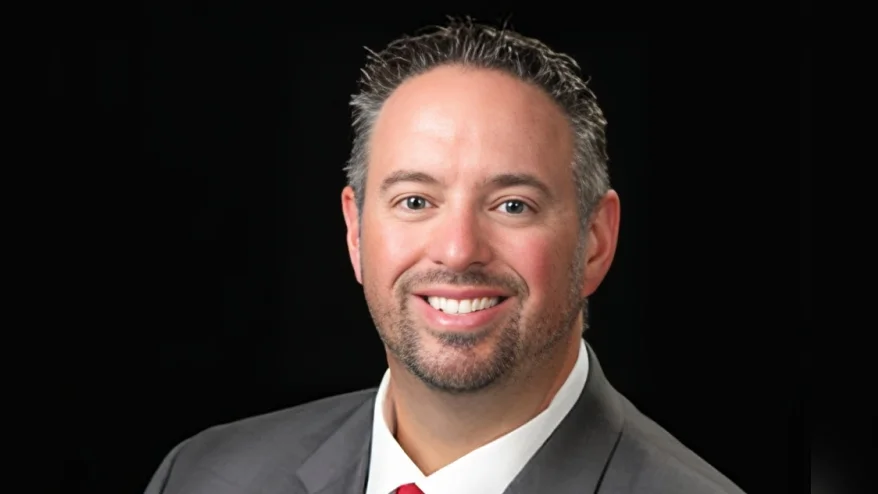
The New Jersey Association of Mental Health and Addiction Agencies (NJAMHAA) is advocating for increased state funding for community-based behavioral health services. The organization highlights a decline in the network of providers amid rising demand, resulting in significant delays in treatment access.
Debra Wentz, Ph.D., NJAMHAA President and CEO, announced the launch of the Untold Stories campaign. This initiative aims to illustrate to lawmakers and the Murphy administration the necessity for substantial funding enhancements in the upcoming state budget.
NJAMHAA attributes a severe workforce crisis in behavioral healthcare to many providers leaving during the pandemic, low salaries, and stress from managing doubled caseloads. They warn that patients facing treatment delays are at heightened risk of suicide, overdoses, hospitalization, job loss, homelessness, and imprisonment.
"Sufficient investment in our behavioral healthcare system must not be delayed any longer," stated Wentz. "It is necessary for all New Jersey residents’ health and wellbeing, as well as the state’s bottom line as delays and lack of services inevitably lead to much more expensive treatment and other situations that harm individuals and the state overall."
For FY 2026 starting July 1, NJAMHAA seeks $43.2 million in state funds to provide an 8% increase to New Jersey’s Medicaid rates and contracts. This would be matched by $16.8 million federally to total $60 million.
NJAMHAA explains that this funding is crucial due to outpatient programs being integrated into Medicaid managed care from January 1, 2025. Providers face higher managed care costs requiring additional billing staff and updated electronic health record systems.
The Untold Stories report states: "These include additional billing staff, new and/or updated electronic health record systems, and other administrative and clinical staff to provide the necessary effort for obtaining prior authorizations and claims reimbursement." It also notes expected increases in denied claims affecting revenue.
"It is imperative that rates and contracts be increased for sustainability and expansion," adds the report. A suggested 33% increase in Medicaid rates is needed to make wages competitive, support managed care burdens, and cover operational costs fully.
NJAMHAA's recommendations include legislative measures such as passing A-1143/S-1032 for annual cost-of-living adjustments on human services' rates; S-2504/A-3937 aligning Medicaid mental health service rates with Medicare; $10 million for Certified Community Behavioral Health Clinics; recruitment bonuses; field placement incentives; amendments including social work interns under telehealth provisions; clarifying telehealth roles for unlicensed staff; addressing licensing backlogs with S-1761/A-2805; training funds for children with disabilities services; increasing inpatient beds for children with disabilities; raising Care Management Organizations' per member rate garnering federal matches; plus enhancing School Based Youth Services Programs funding by $3 million.
Further details on these recommendations can be found in NJAMHAA's Untold Stories report.